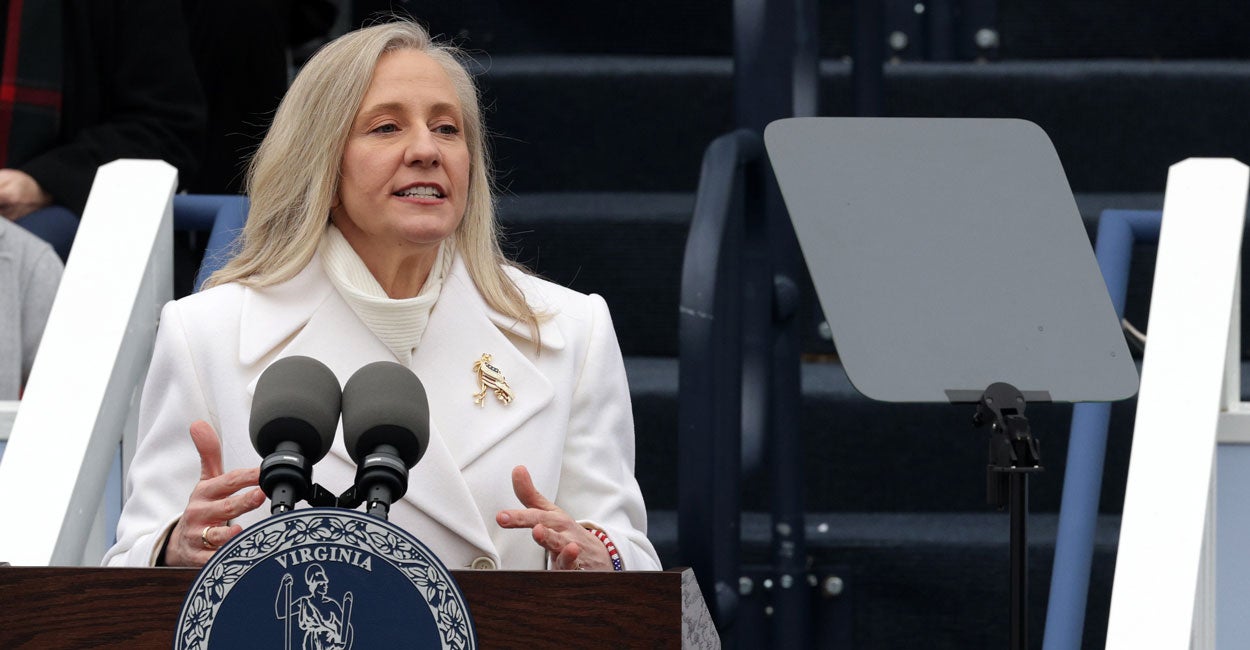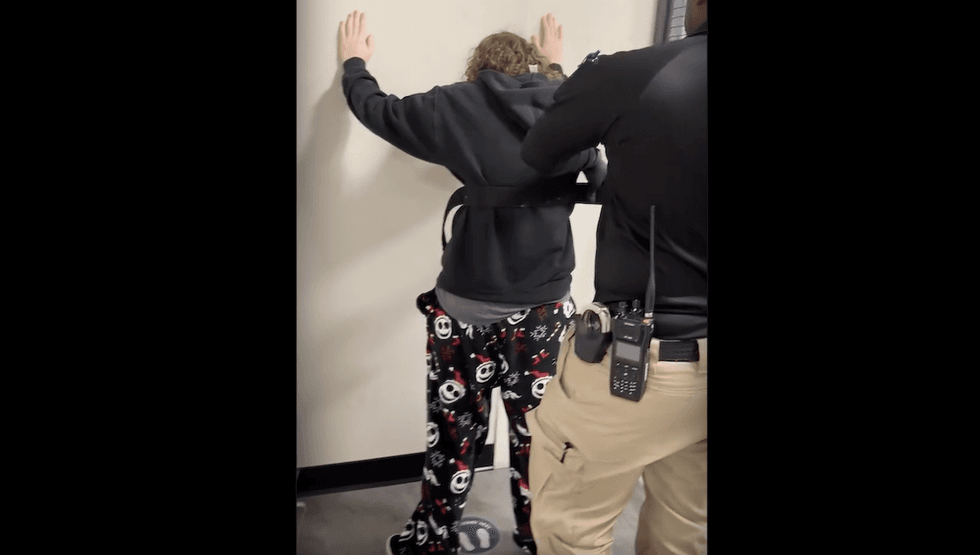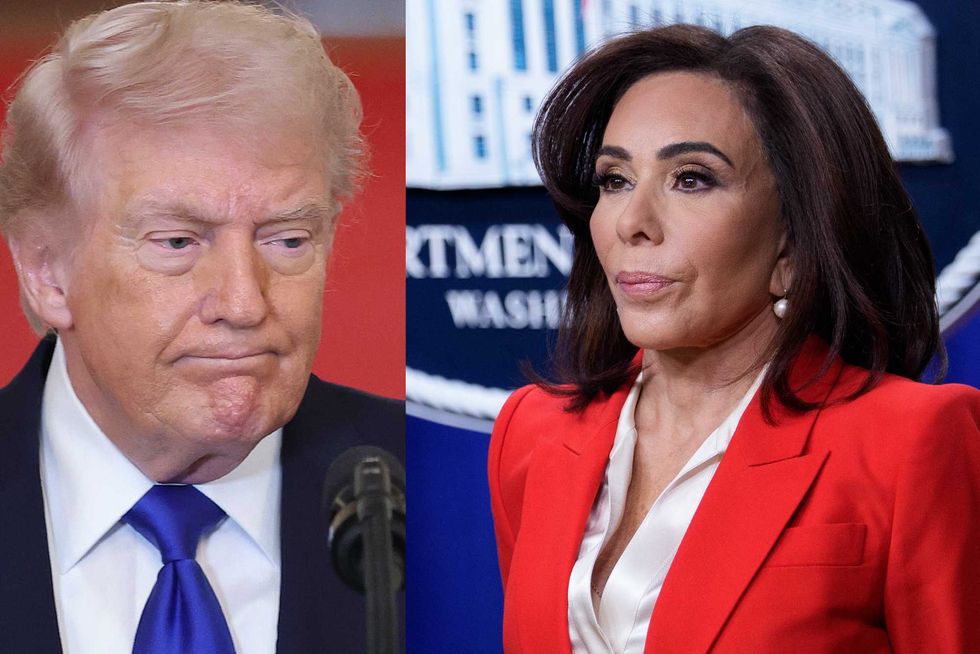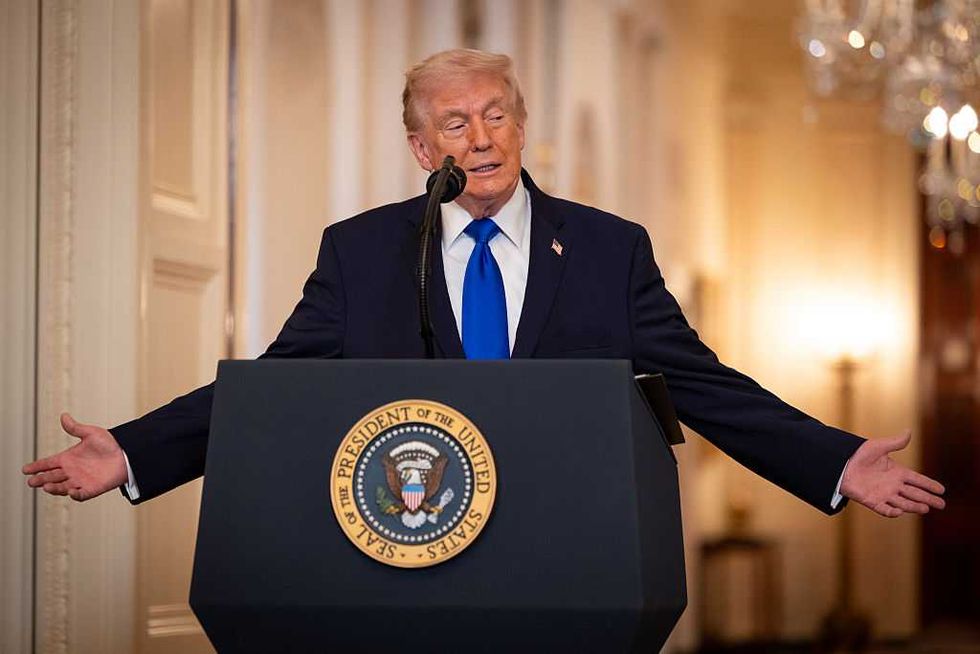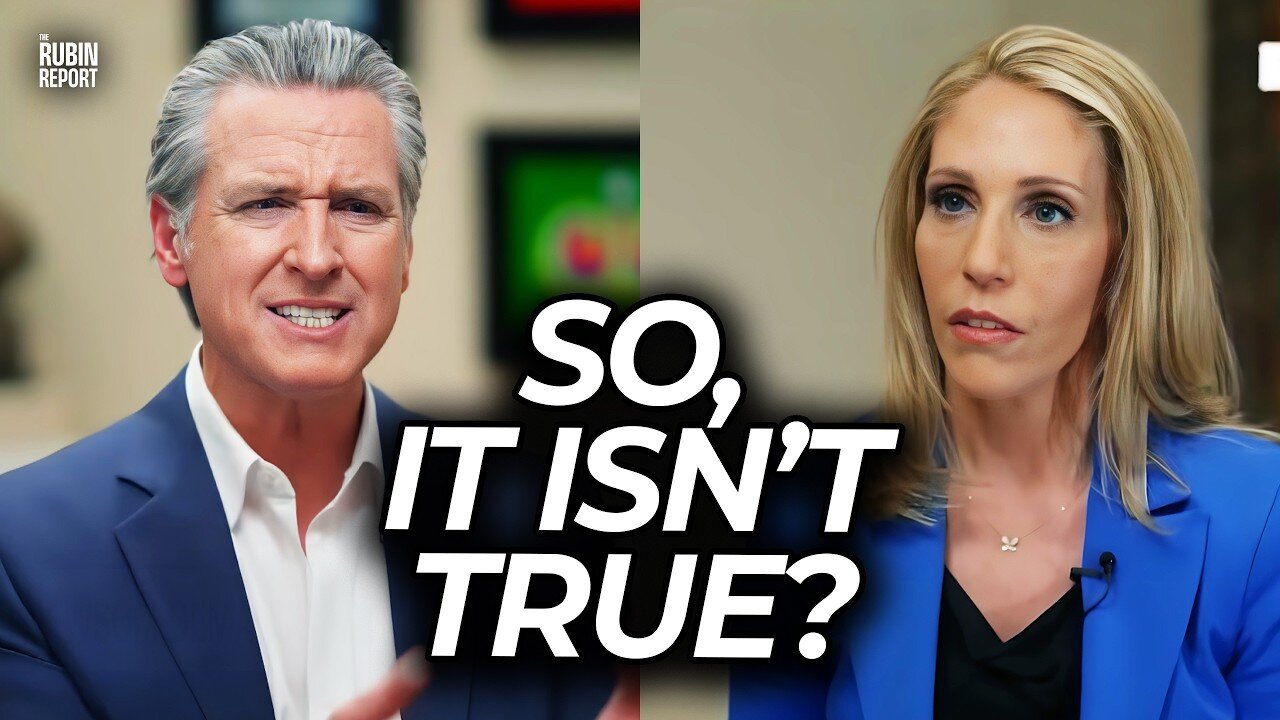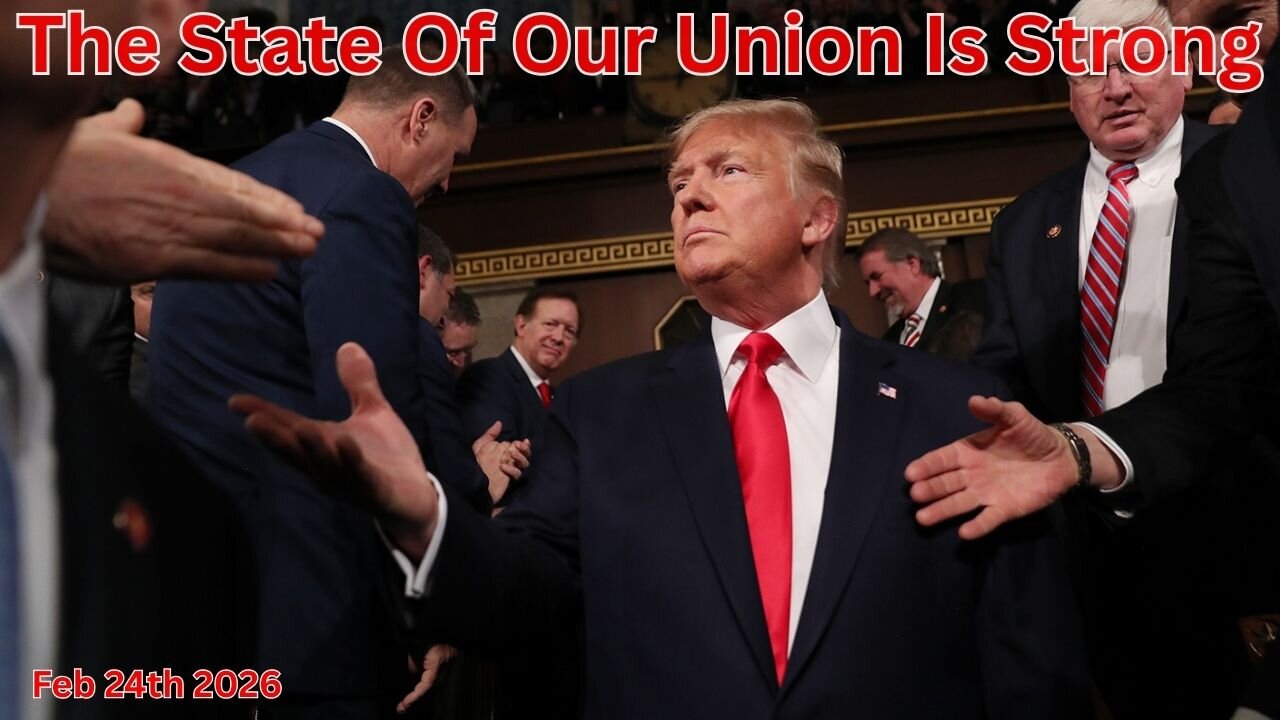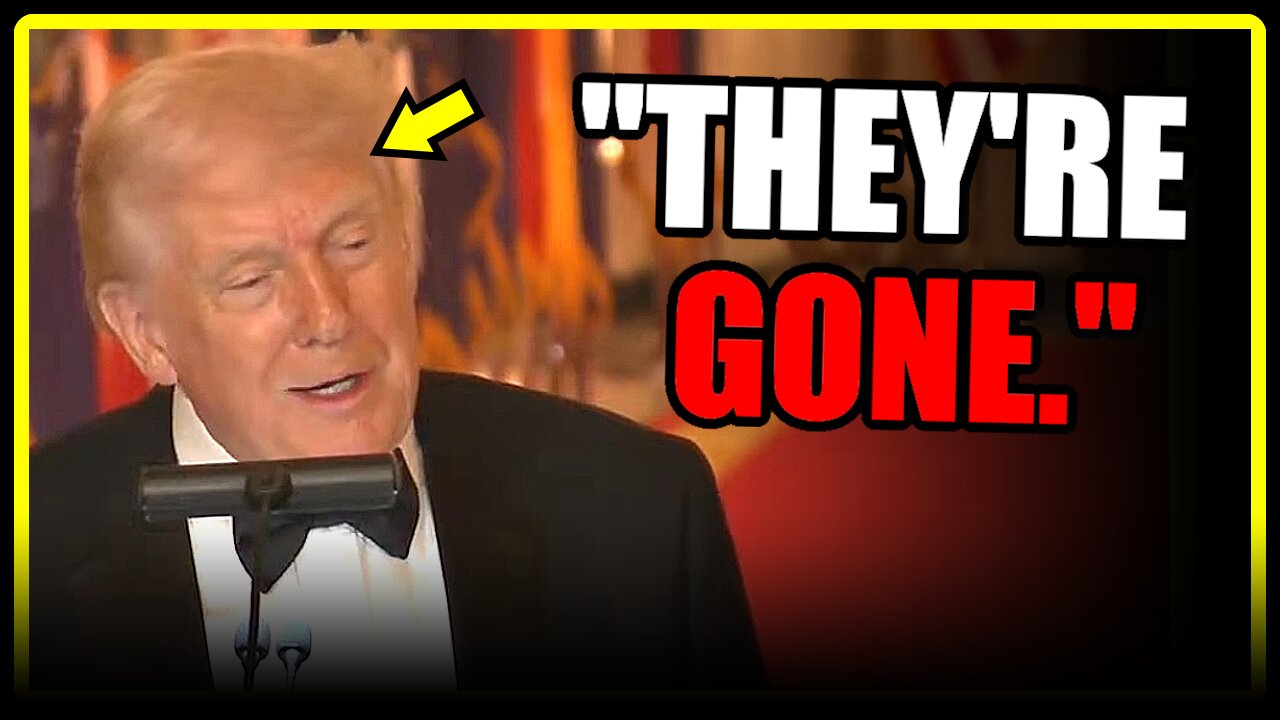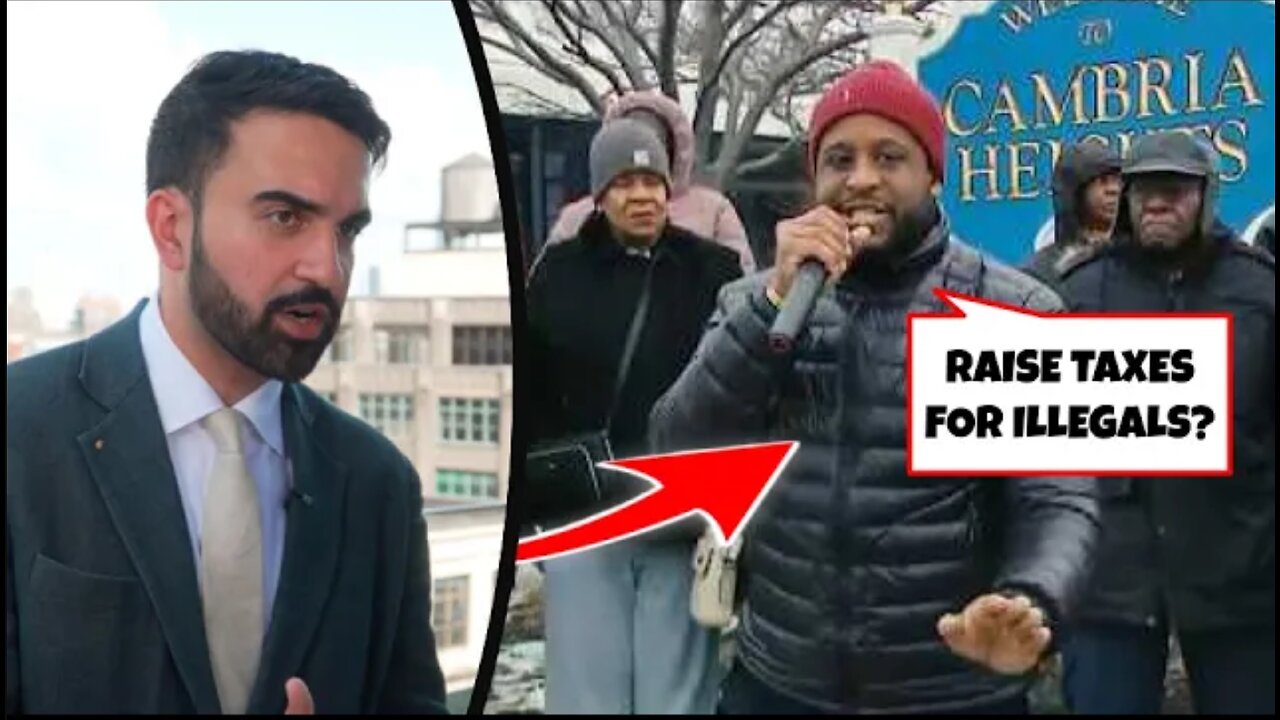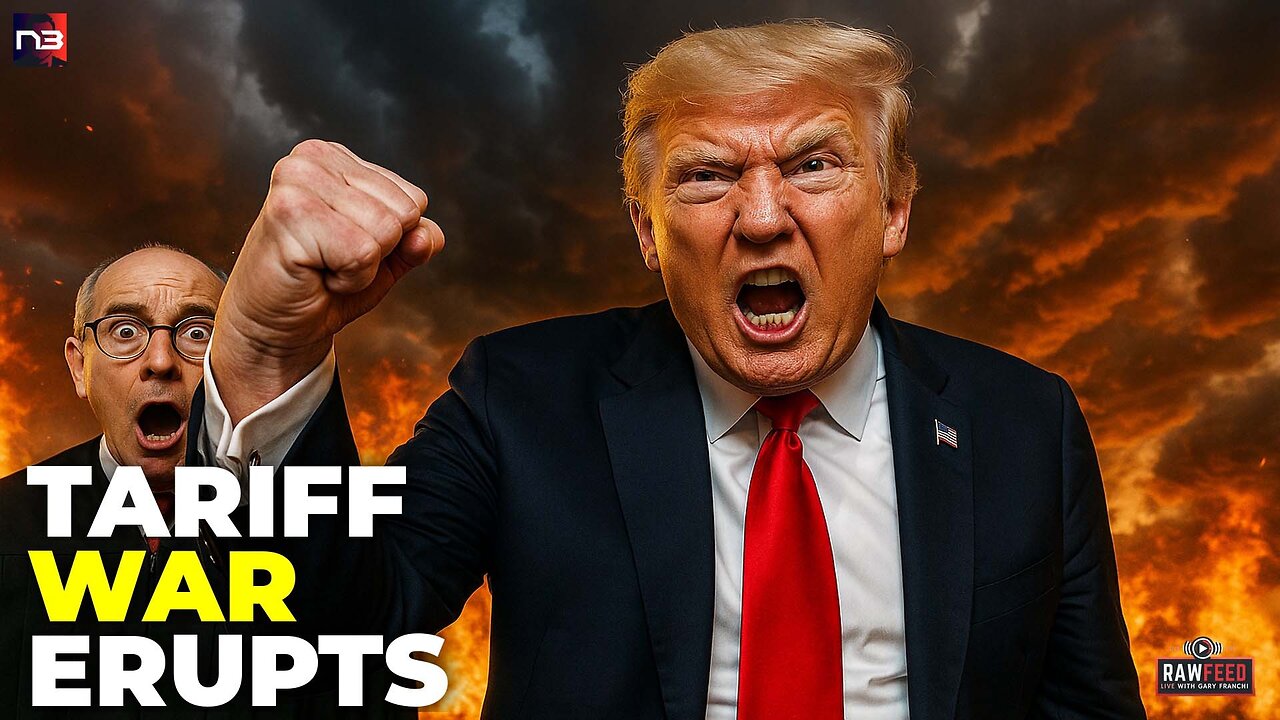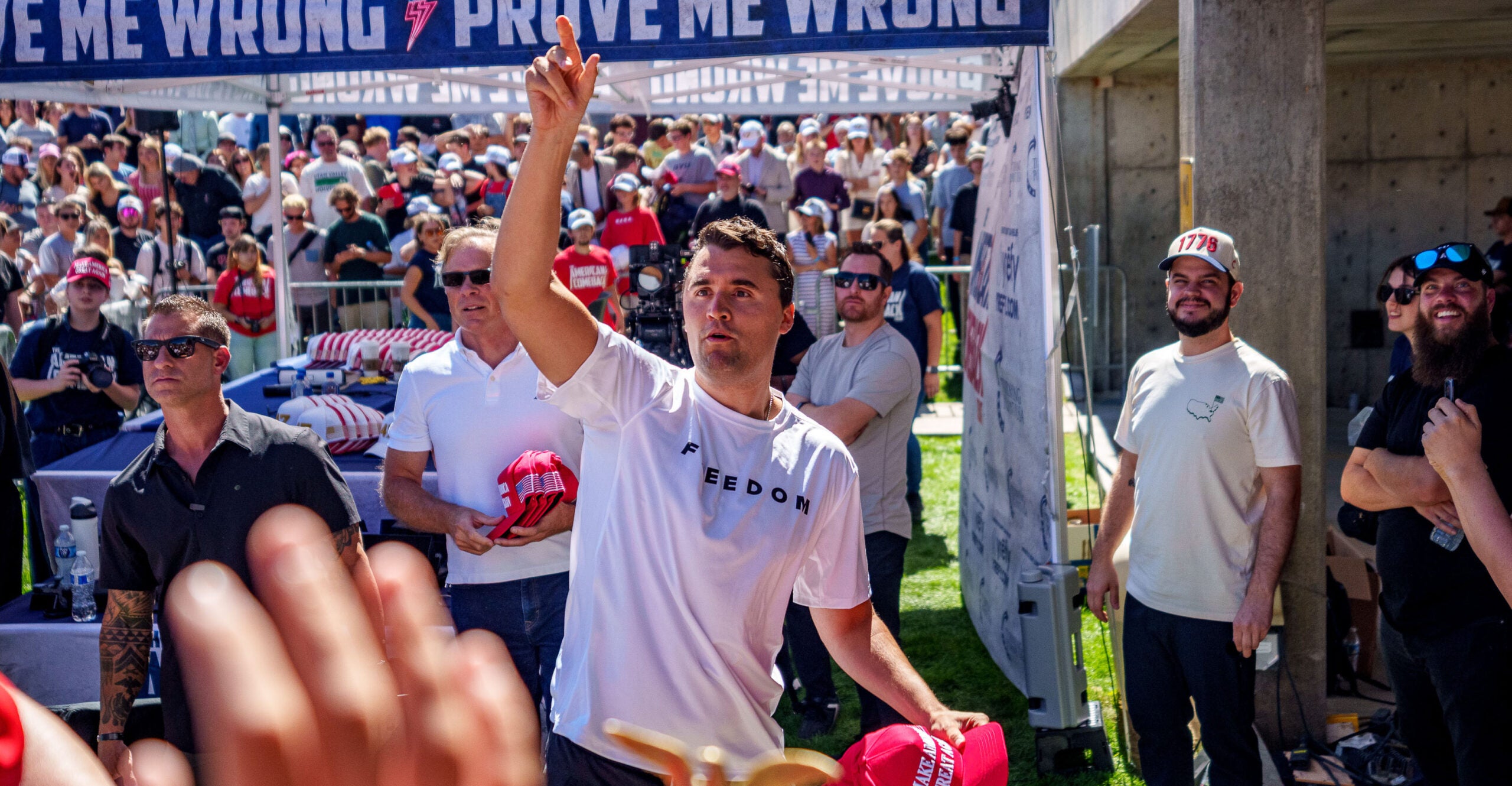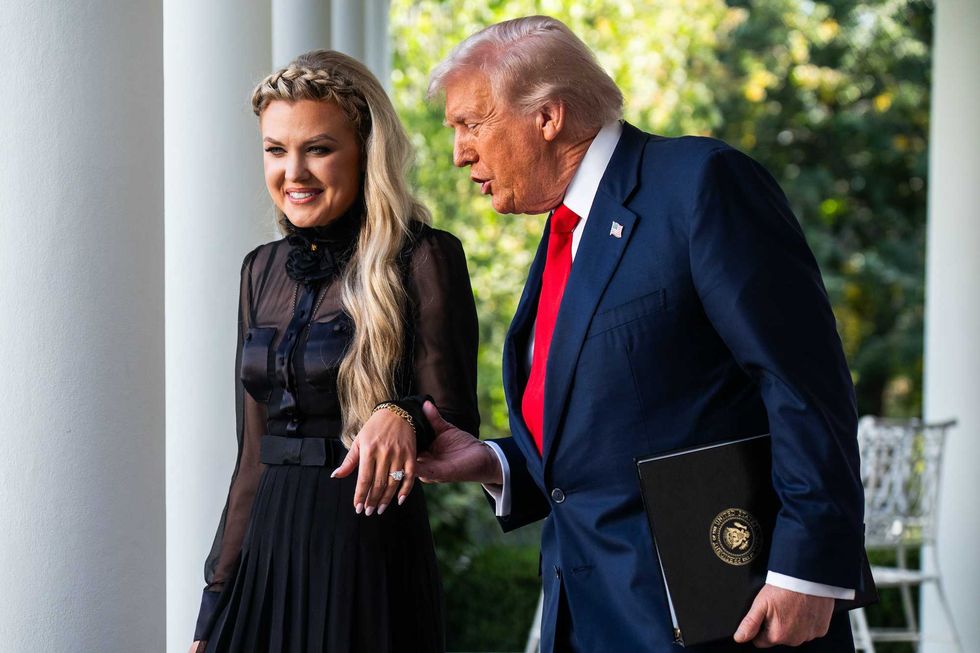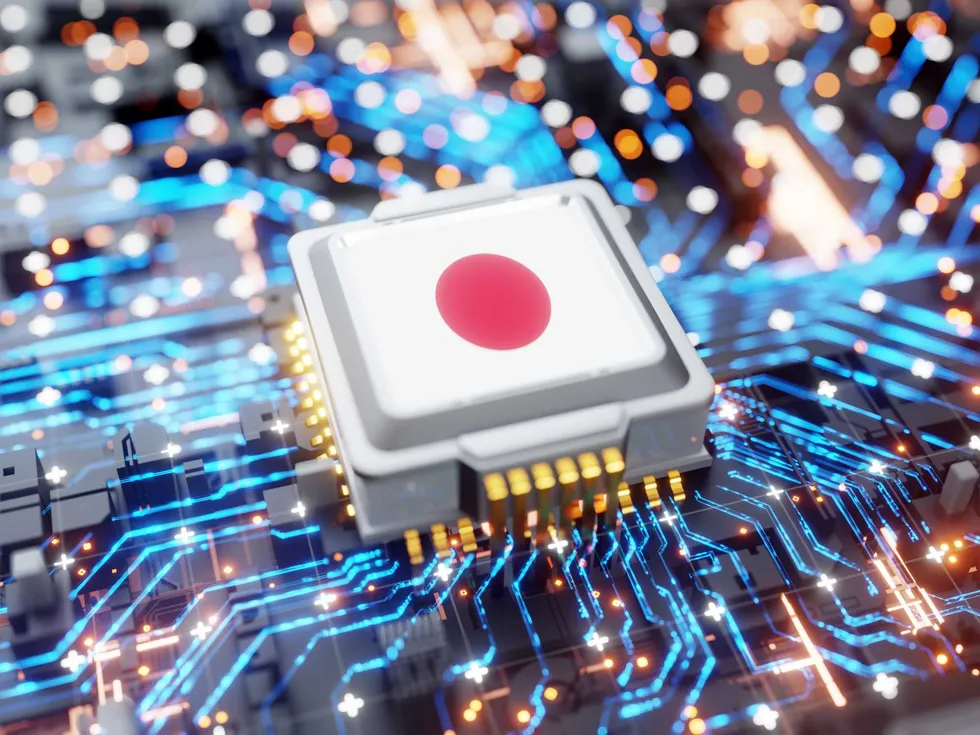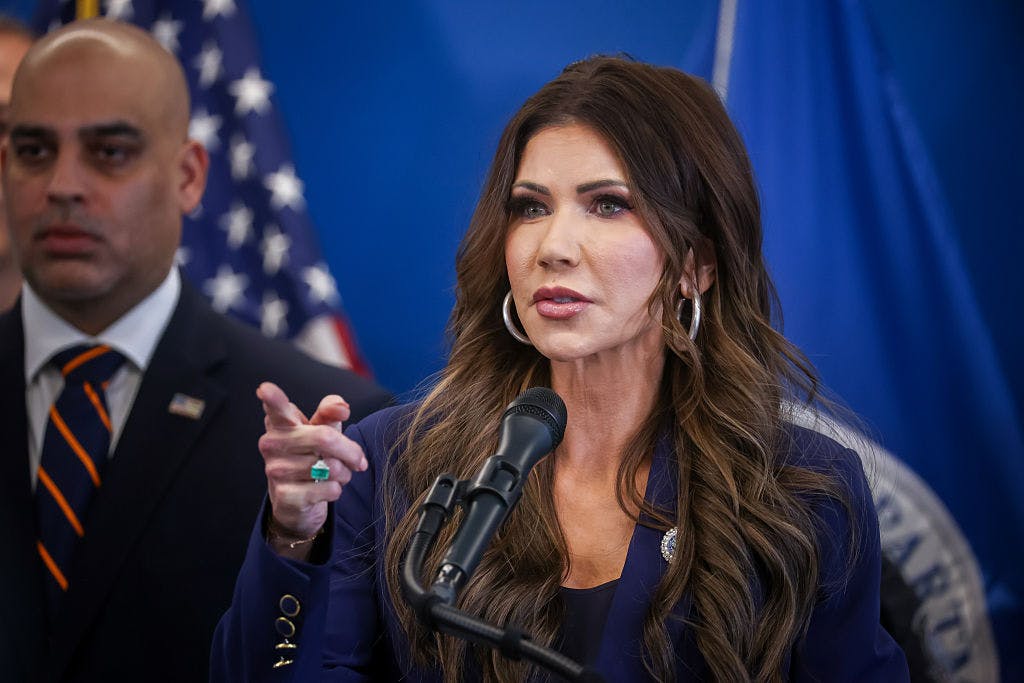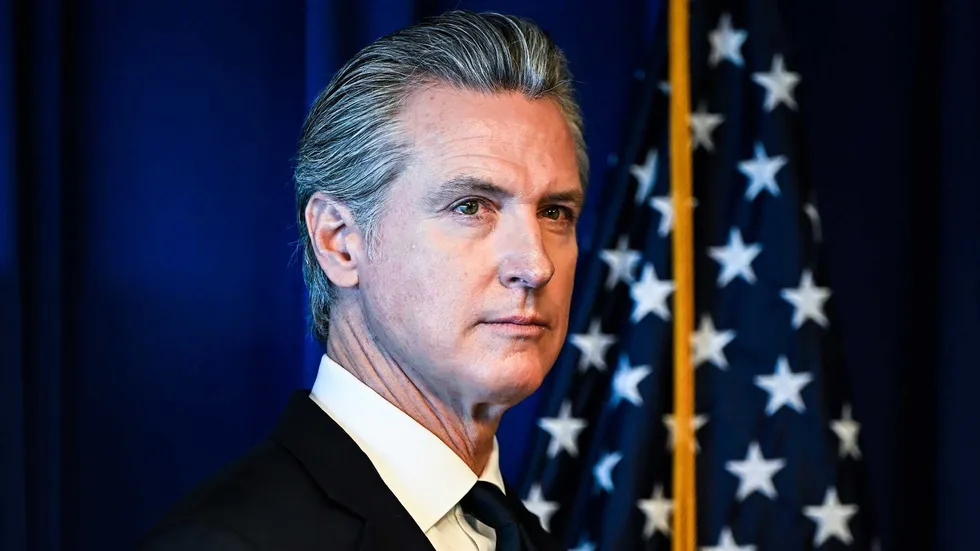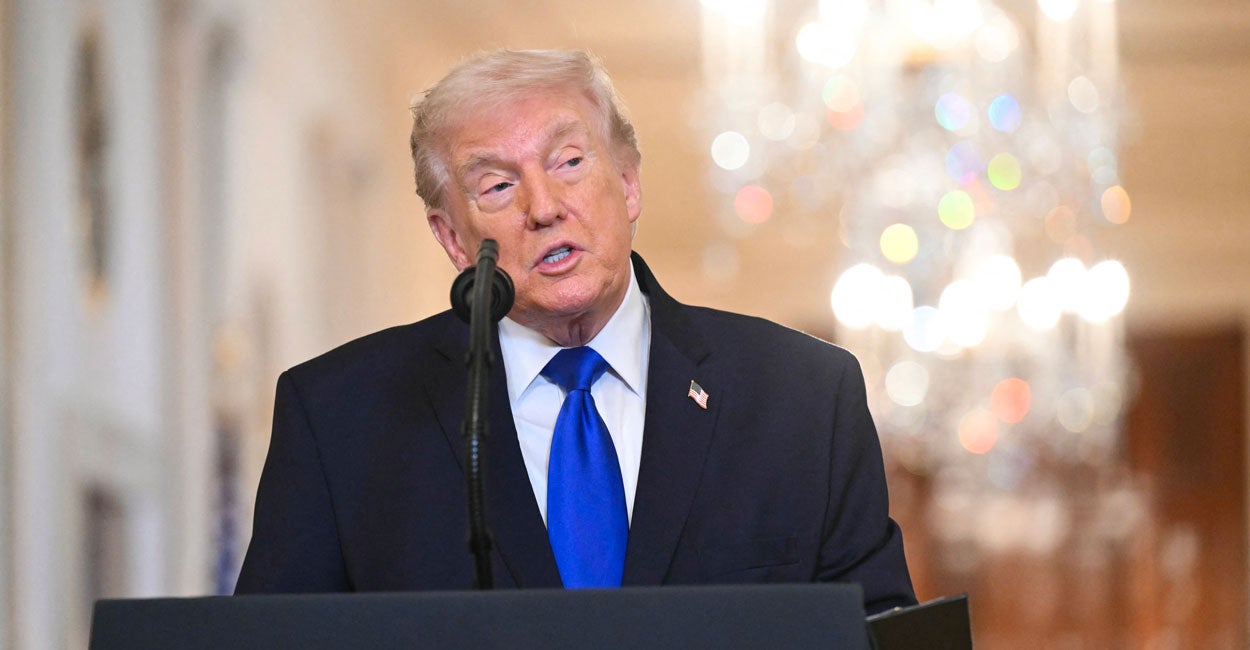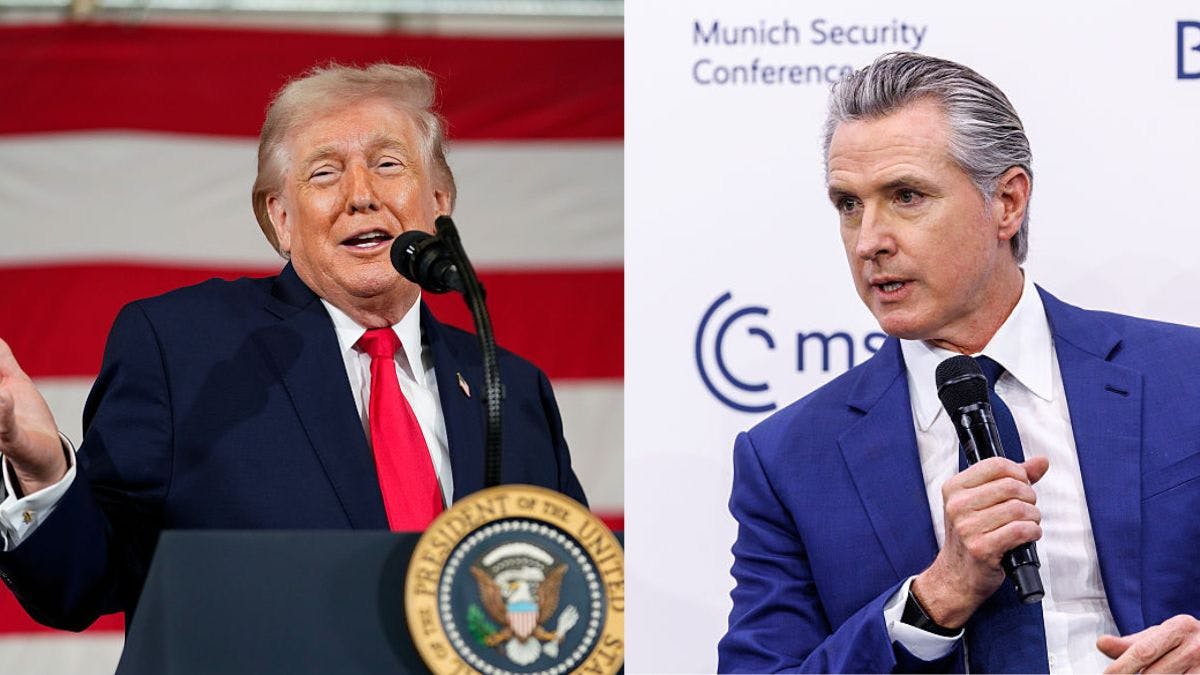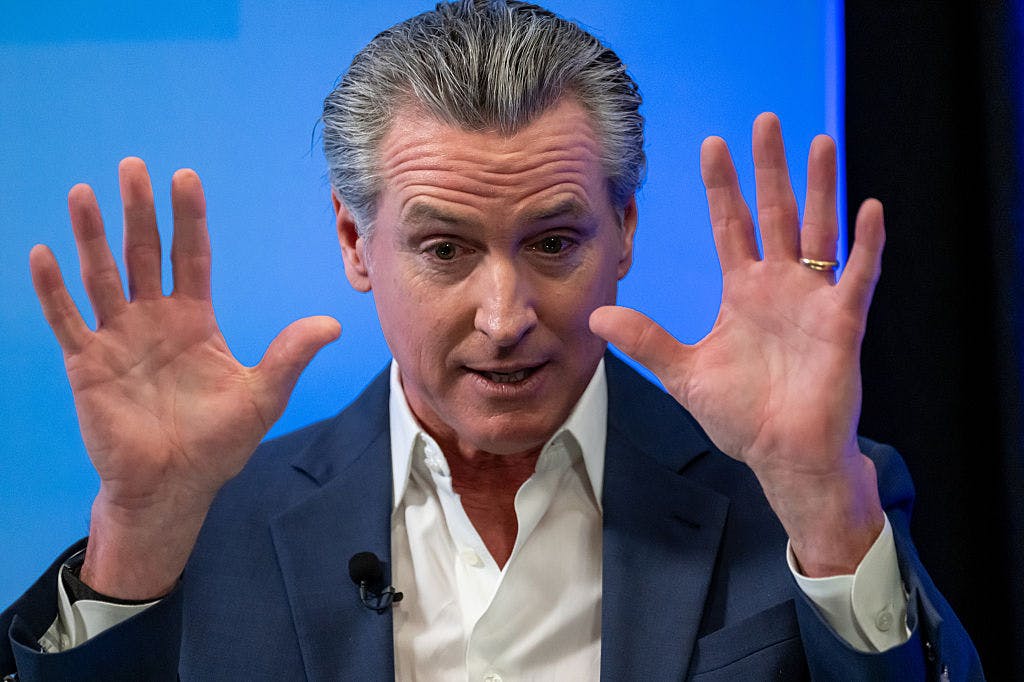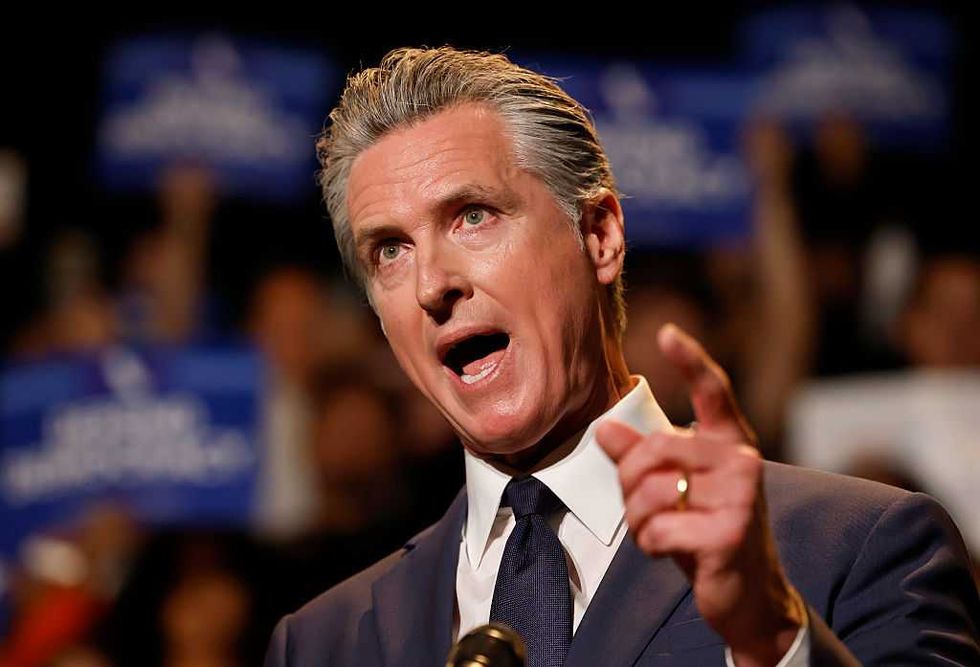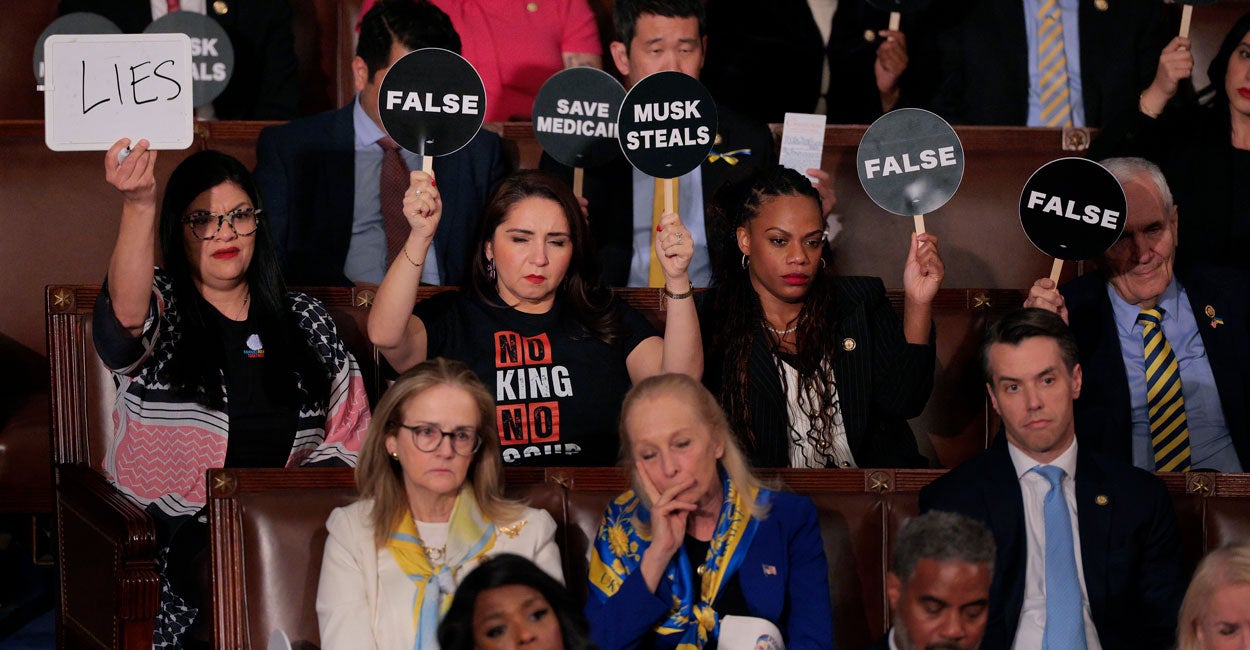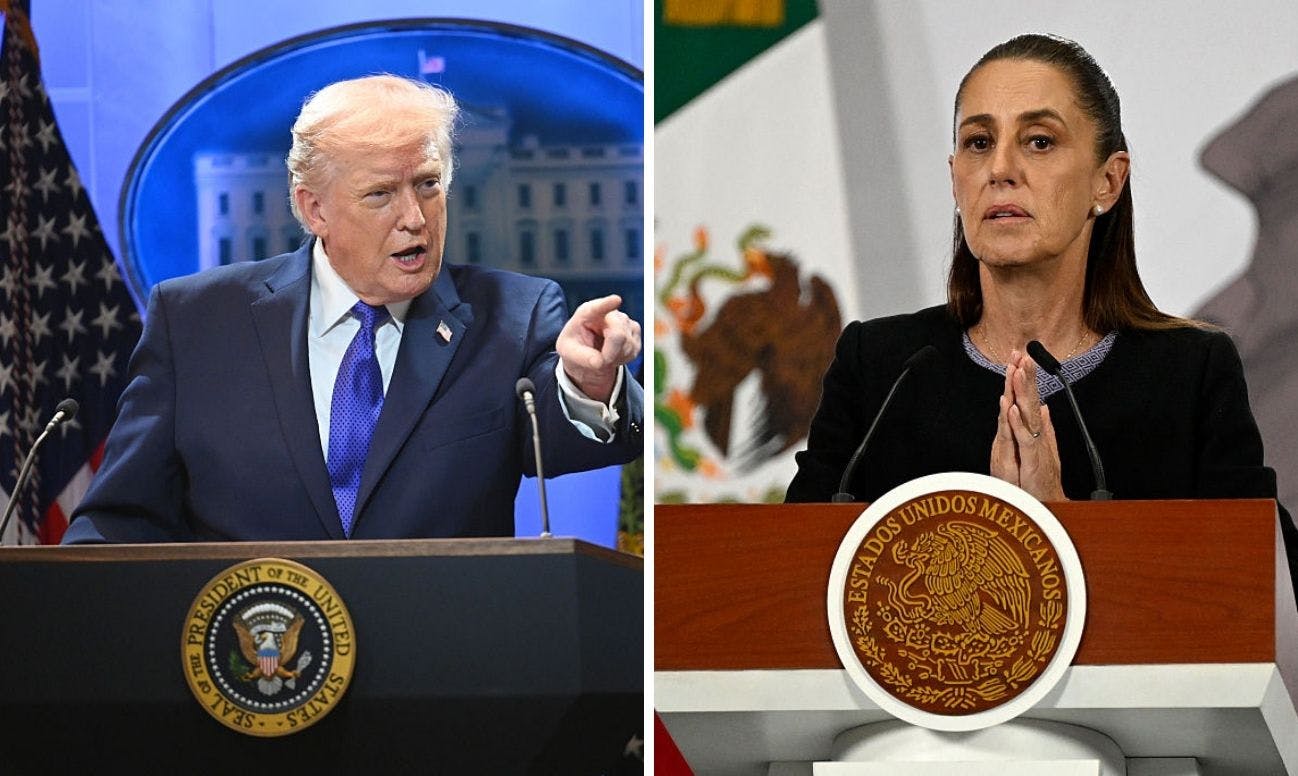Is There An Economic Bubble?
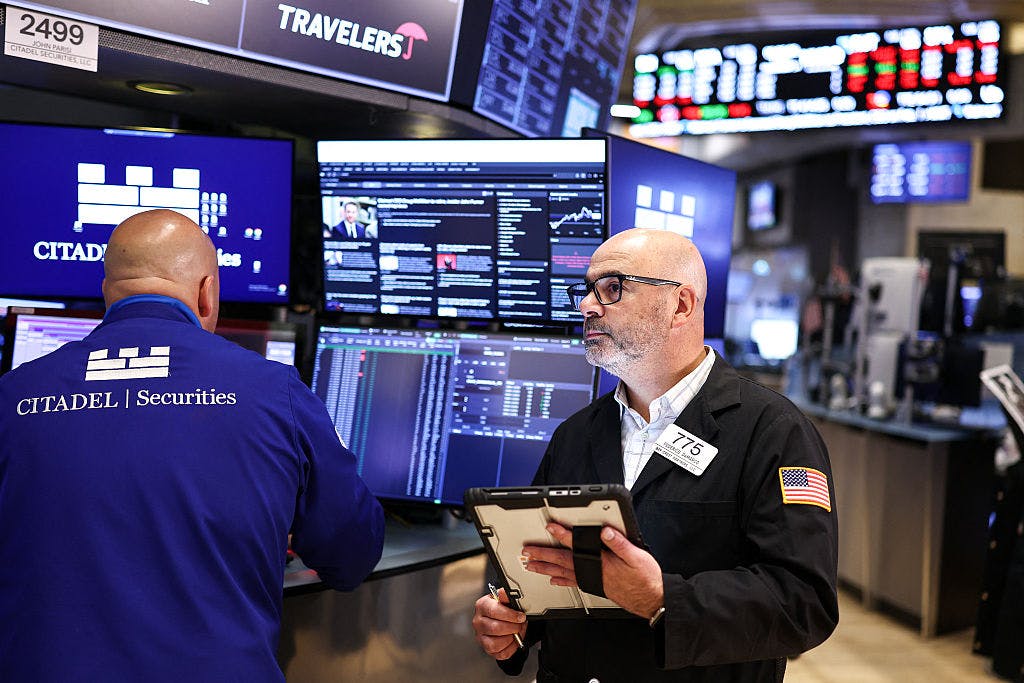
On Thursday, the Dow Jones Industrial Average tumbled about 800 points. As of Friday morning, the Dow Jones Industrial Average futures were also tumbling.
Live Your Best Retirement
Fun • Funds • Fitness • Freedom
What the hell is going on?
It may be that many people are beginning to realize that a lot of these big tech companies, which are investing in each other, are betting on a payoff from AI that may not actually accrue to those companies.
For example, Oracle has become a heavy investor in OpenAI, which is the parent company of ChatGPT. OpenAI is not publicly traded, but you have a bunch of publicly traded companies that are basically doing circular cash deals with OpenAI. Thus, if you’re investing in Oracle, you’re partially investing in OpenAI. Or if you are investing in Nvidia, you are partially investing in OpenAI. A lot of money is being passed between all of these companies at the top end of the market, because some provide services to other members of that particular crew.
The question is: Are the gains from AI going to accrue to OpenAI? To Meta? Who will actually benefit from the productivity increases we’re going to see from AI?
AI is going to be transformative for the economy. You will be using AI in your job if you’re not already. AI is going to increase productivity.
Does that mean those companies are then reaping the benefits in terms of profits for them? What keeps the wheels spinning for those companies? That’s the question a lot of investors are beginning to ask.
I’m highly skeptical that the Fed will cut rates, given the current state of the economy. Inflation has not been put to bed, and liquidity actually is not all that hard to get for businesses right now. Inflating the economy by lowering those interest rates again and pumping more money into the economy could be a mistake.
The S&P 500 fell 1.7% on Thursday. The Dow dropped 1.7%. The tech-heavy Nasdaq Composite sank 2.3%. Those are the biggest declines for all three major indices since October 10.
What does it show? If the economy is this responsive to the possibility of a Fed rate cut or a Fed rate increase, that is not a strong economy.
If what you’re worried about is whether there’s going to be incrementally lower interest rates for businesses to artificially spice things up in terms of liquidity, to inject more money into the economy, and that’s what you’re waiting on, that does not bode well. It does not mean that the fundamentals seem particularly strong.
Why? Because so much of what is happening at the top end of the market and the vast majority of the gains in the stock market are located in the Magnificent Seven. The rest of the stock market over the past couple of years has been essentially flat, with perhaps a slight increase, while the top end of the market has exploded. That’s what’s driven the Dow Jones Industrial Average up to 48,000.
It’s everybody betting on the same horses over and over and over and over again. And if you keep betting on the same horses over and over and over and those horses don’t come in, things get ugly. What happens if OpenAI does not deliver the gains it may have promised?
People are starting to divest a little bit from the top of the market. That’s why you’re seeing the market start to drop a little bit right now. You could see that turned into a wave if, for example, Open AI ever reports any bad news or if one of these other major AI companies starts to report decreased profit share or people start to think, generally speaking, that it’ll take longer than they thought it would for AI to filter into every aspect of the market and then down to the original companies.
I’m not saying that a stock market crash is imminent. I am saying that there is a bubble. In real estate, there’s a bubble; in tech, there’s a bubble.
And so the market is reflecting that.
Originally Published at Daily Wire, Daily Signal, or The Blaze
What's Your Reaction?
 Like
0
Like
0
 Dislike
0
Dislike
0
 Love
0
Love
0
 Funny
0
Funny
0
 Angry
0
Angry
0
 Sad
0
Sad
0
 Wow
0
Wow
0
